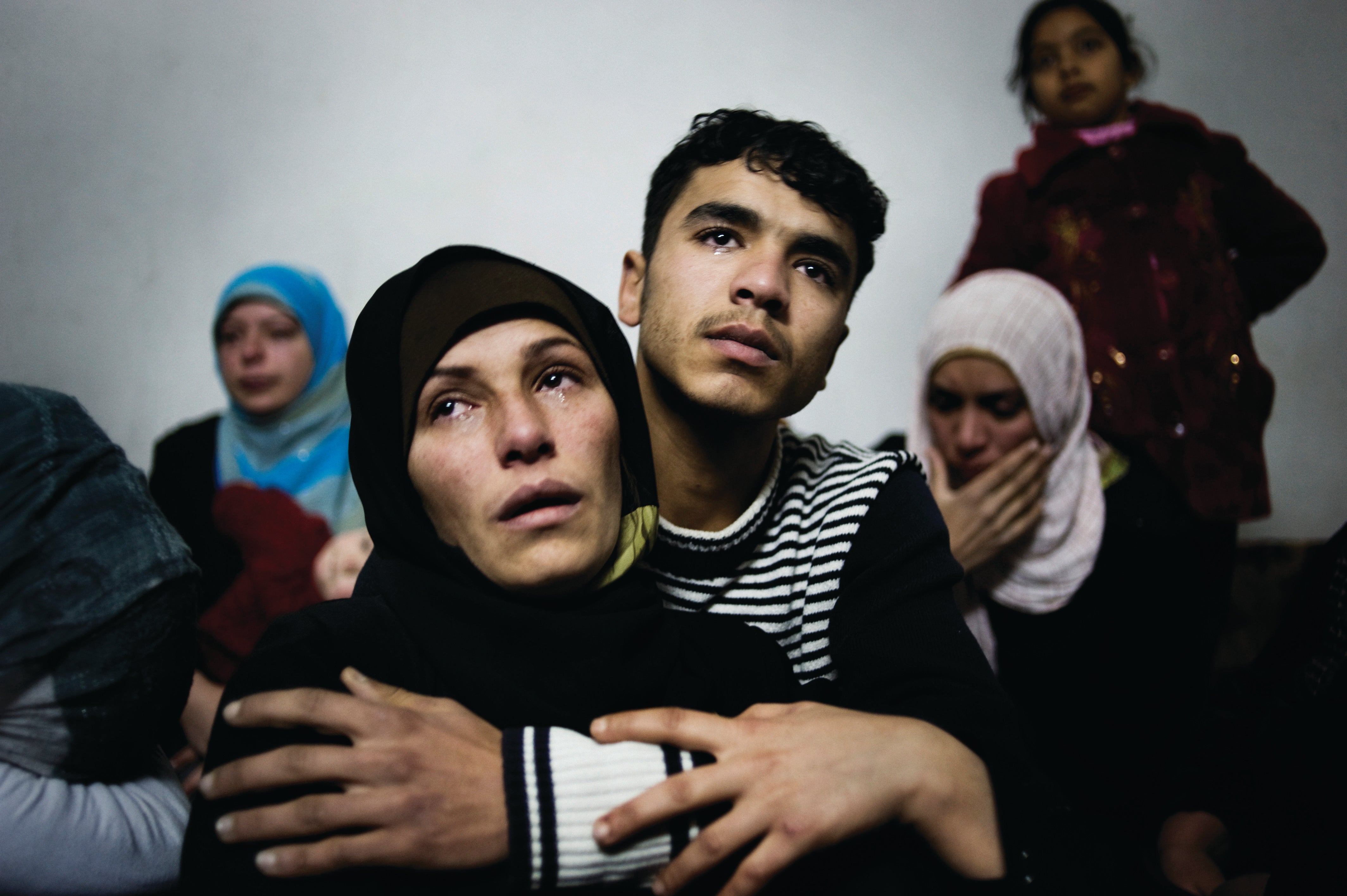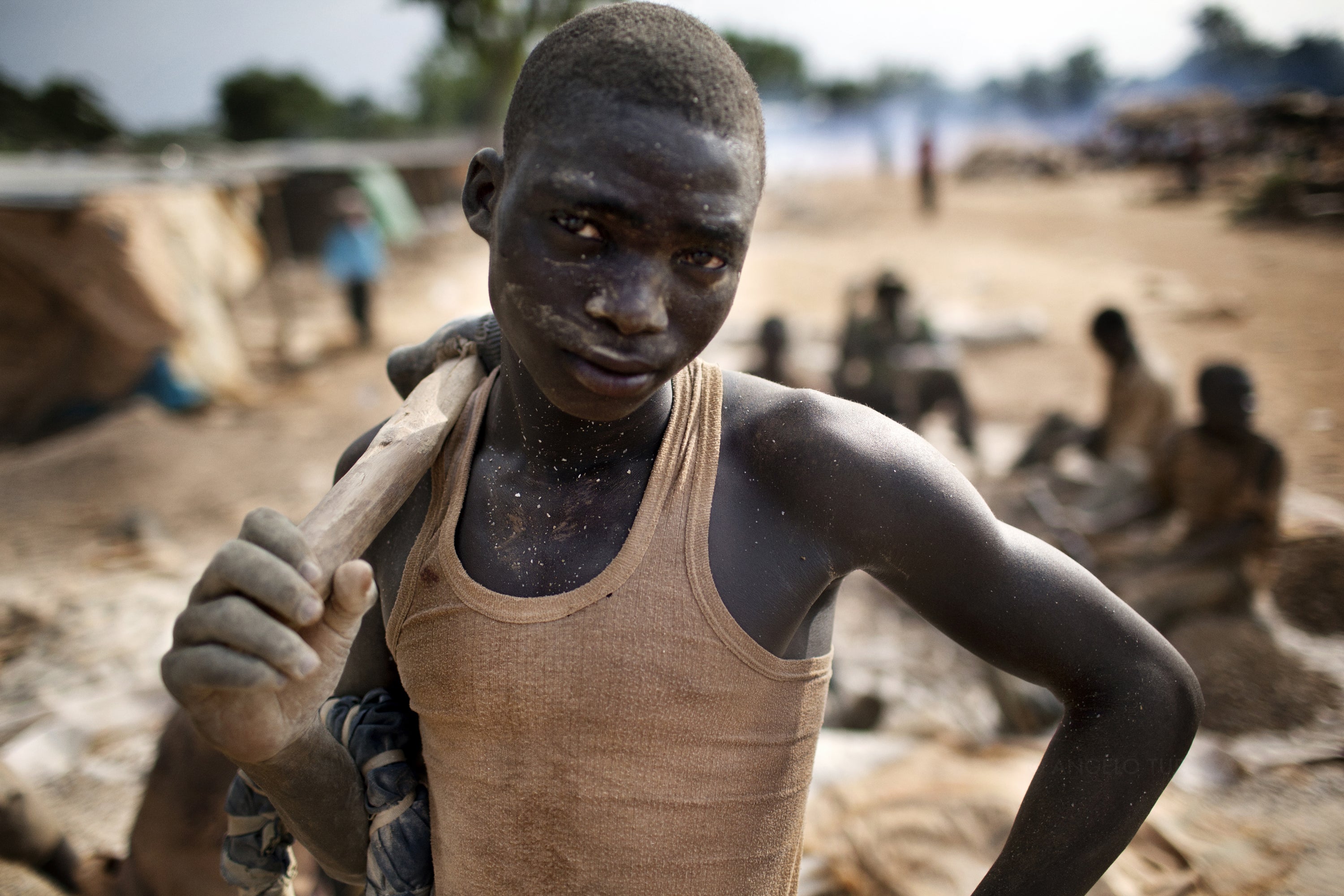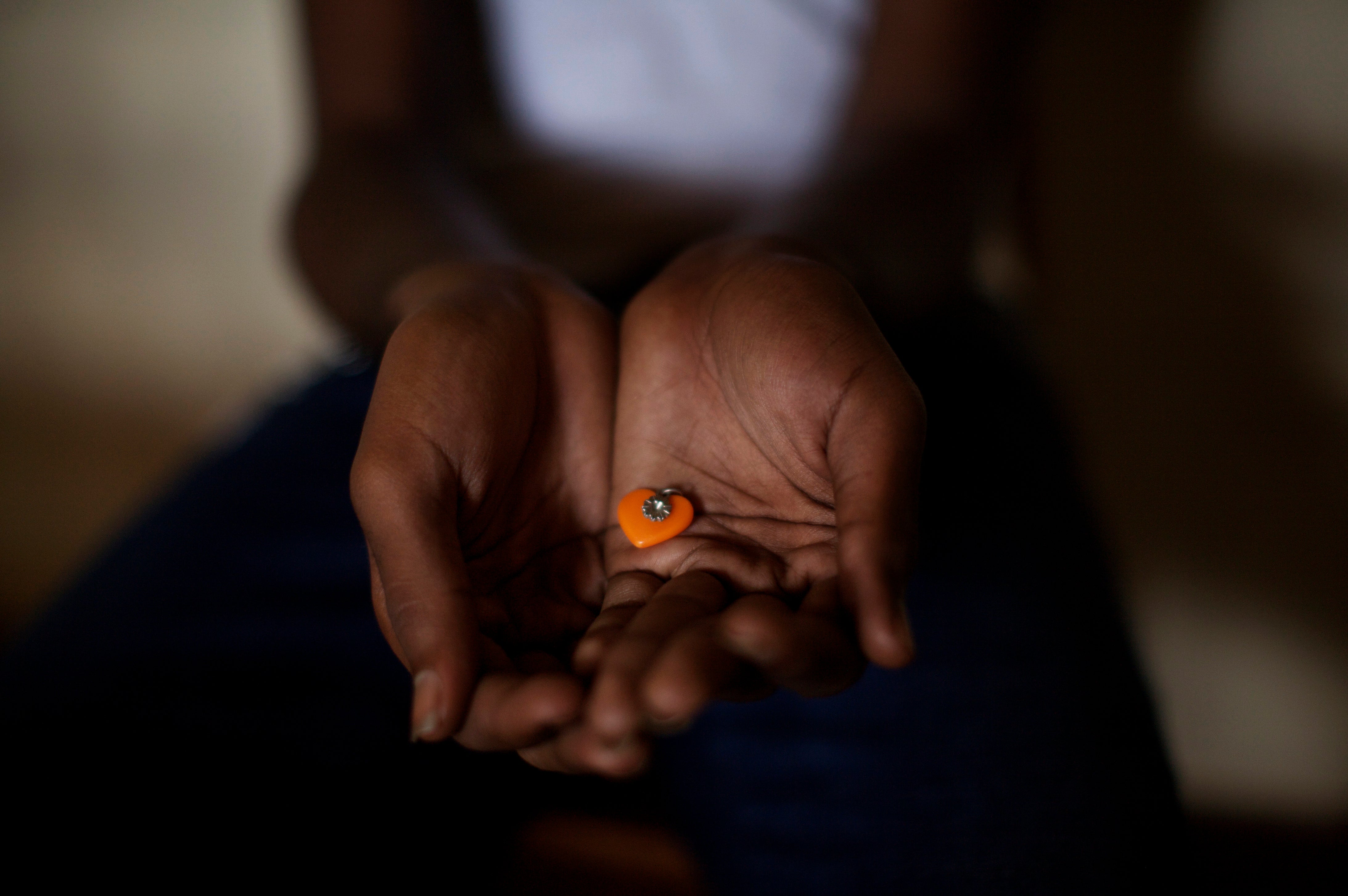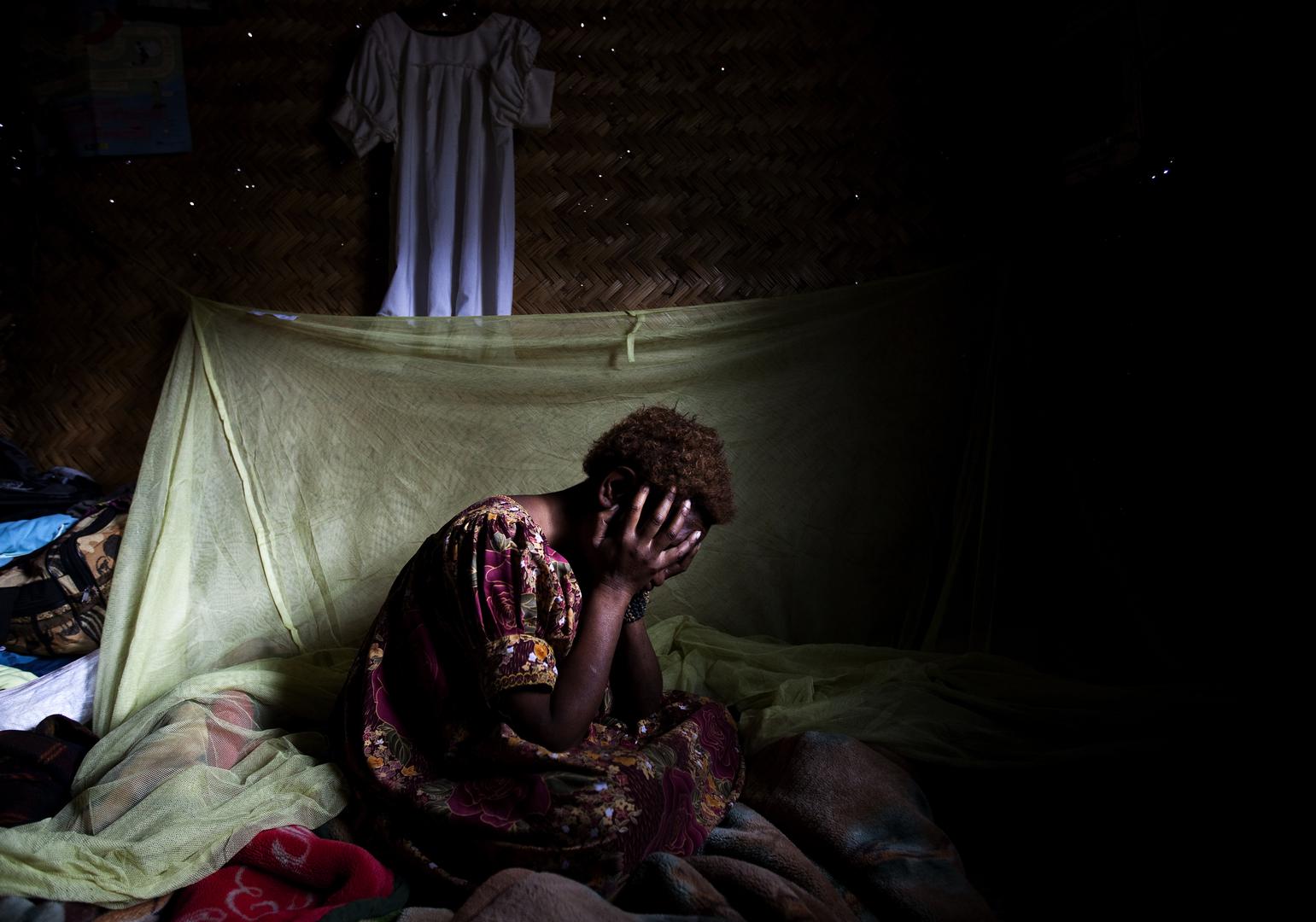The Singapore government in 2012 continued to sharply restrict basic rights to free expression, peaceful assembly, and association. However, there were small signs of progress in other areas, including changes in mandatory death penalty laws, and limited improvements in protecting the rights of migrant workers and combating human trafficking.
Freedom of Expression, Peaceful Assembly, and Association
Singapore's constitution guarantees the rights to freedom of expression, peaceful assembly, and association, with exceptions for broadly worded restrictions in the name of security, public order, morality, and racial and religious harmony. A network of restrictive government regulations still applies to broadcast and electronic media, films, video, music, and sound recordings. In October, Singapore banned a satirical film "Sex, Violence, Family Values,” on the grounds it offended the country’s Indian population.
The Newspaper and Printing Presses Act requires that all newspapers renew their registration annually, and allows the government to limit the circulation of foreign newspapers it believes “engage in the domestic politics of Singapore.”
The two corporations that dominate media regularly tow a pro-government line: MediaCorp, which is owned by a government investment company and dominates broadcasting, and Singapore Press Holdings Limited (SPH), a private company that dominates print media. The government must approve and can remove SPH shareholders, who in turn have the authority to hire and fire all directors and staff.
Outdoor gatherings of five or more persons still require police permits. The city-state’s Speakers Corner—where people may demonstrate, perform, and hold exhibitions—remains the only outdoor space where uncensored speech is allowed in the country.
The Registrar of Societies must approve associations of 10 or more members, and can deny approval if it deems a body “prejudicial to public peace, welfare or good order.”
The Singaporean government and senior government officials have frequently brought charges of "scandalizing the court," criminal and civil defamation, and sedition to silence and even bankrupt its critics.
In July 2012, the attorney general's chambers wrote to Alex Au, a prominent blogger and gay rights activist, demanding that he take down and apologize for a June post in his Yawning Bread blog that criticized the judiciary for showing deference to the executive. Au removed the post. In February, after being threatened, prominent domestic blog site TR Emeritus, apologized to Prime Minister Lee Hsien Loong for suggesting nepotism was a factor in Lee's wife obtaining a position to head a state-linked firm.
Criminal Justice System
Singapore's Internal Security Act (ISA) and Criminal Law (Temporary Provisions) Act permit the authorities to arrest and detain suspects for virtually unlimited periods of time without charge or judicial review. In September 2011, Singapore’s Home Affairs Ministry said threats of subversion, espionage, terrorism, and racial and religious extremism keep the long-criticized ISA “relevant.”
The Misuse of Drugs Act permits the authorities to confine suspected drug users in "rehabilitation" centers for up to three years without trial. Second-time offenders face prison terms and may be caned.
On November 14, 2012, Singapore’s parliament passed new laws authorizing incremental changes in mandatory death penalty provisions that affect some 20 drug-related and intentional murder offenses. In drug cases, judges may drop the mandatory death sentence requirement and opt instead for life in prison with caning if two conditions are met: the accused must have functioned only as a courier, and either meaningfully cooperated with the Central Narcotics Bureau or have a “mental disability that impairs appreciation of his own actions.”
However, a new section of the Misuse of Drugs Act limits judicial discretion by stating that the public prosecutor has “sole discretion” to determine whether a person has substantively assisted the Central Narcotics Bureau in disrupting drug trafficking activities. Deputy Prime Minister and Minister for Home Affairs Teo Chee Han has defended mandatory death sentences in drug-related cases, citing what he said is their known deterrent effect.
Parliament also passed less controversial amendments to the criminal law, which remove mandatory death sentences for murderers who had “no outright intention to kill.” Courts may instead choose to impose life imprisonment.
All future death penalty cases will be automatically reviewed, and the new laws provide that all eligible existing death penalty cases will be reviewed for re-sentencing. There are some 35 inmates currently on death row, but all executions have been on hold since July 2011.
Judicial caning is a mandatory punishment for medically fit males between the ages of 16 and 50 who have been sentenced to prison for a range of violent and non-violent crimes, including drug trafficking, rape, and immigration offenses. A sentencing official may also order caning in cases involving some 30 other crimes. The United States State Department reported that in 2011 “2,318 convicted persons were sentenced to judicial caning, and 98.9 percent of caning sentences were carried out.” During its United Nations Human Rights Council (HRC) Universal Periodic Review (UPR) in 2011, Singapore rejected all recommendations designed to eliminate caning.
Sexual Orientation and Gender Identity
Although the government has said it will not enforce the law, penal code section 377A still criminalizes sexual acts between consenting adult men. On August 21, 2012, the Court of Appeals found that legitimate grounds existed for a constitutional challenge to section 377A, and referred the case to the High Court. Sexual acts between women are not criminalized.
There was an unprecedented turnout on June 30 for Singapore’s Pink Dot fourth annual festival, held at the Speakers Corner, supporting “freedom to love.” However, lesbian, gay, bisexual, and transgender (LGBT) groups continue to report that LGBT people face a range of harassment and abuses, including physical assault.
Rights of Migrant Workers and Human Trafficking
Despite partial reforms introduced in recent years, including capping recruitment fees at two months' salary, Singapore’s 208,000 foreign domestic workers are still excluded from the Employment Act and key labor protections, such as limits on daily work hours.
A March 2012 reform guaranteeing domestic workers who arrive on new contracts after January 1, 2013, a weekly rest day rather than the current monthly day off, contains a provision permitting employers to give domestic workers monetary compensation in lieu of rest so long as the worker agrees. Given the power imbalance, there is significant risk that an employer will coerce a worker to sign away their rest days.
In 2012, at least 11 foreign domestic workers fell to their deaths, many while washing windows or hanging laundry from apartments in high-rise buildings. In June, the government responded by strengthening safety requirements so that domestic workers only clean windows in the presence of their employers and if window bars have been installed and locked. In at least one case, an employer was fined S$5000 (US$4093) for negligence.
Foreign workers in Singapore, both men and women, are subject to forced labor through debts owed to recruitment agents, non-payment of wages, restrictions on movements, confiscated passports, and physical and sexual abuse. Although the government is still not in compliance with minimum standards for trafficking elimination, it has demonstrated some improvement in prevention and protection, but prosecutorial efforts have been weak.
A government-mandated standard contract for migrant workers does not address issues such as long work hours, poor living conditions, and enforced confinement. Instead of guaranteeing one day off per month and a set number of rest hours per day, it makes such breaks a matter of negotiation between employer and employee. It also fails to provide protections against denial of annual or medical leave.
Singapore is one of only nine countries that did not vote for passage of International Labour Organization (ILO) Convention No. 189 on Decent Work for Domestic Workers. It has not ratified the Protocol to Prevent, Suppress and Punish Trafficking in Persons.
Human Rights Defenders
Human rights defenders in Singapore risk being fined, imprisoned, bankrupted, and banned from traveling outside the country without government approval.
In September, opposition leader and human rights activist Chee Soon Juan announced that former Prime Ministers Lee Kuan Yew and Goh Chok Tong had accepted his SG$30,000 ($24,550) offer to settle his debts with them and annul his bankruptcy resulting from politically motivated defamation proceedings. The annulment will allow Chee to travel overseas and to stand in the 2016 parliamentary elections.However, in October, the High Court dismissed an application by Chee and three other defendants seeking a hearing to appeal their conviction for illegal assembly in 2008.
Members of Singaporeans for Democracy (SFD), a human rights organization, voted in June to disband due to the onerous government regulations imposed on its political advocacy and activities.
At its 2011 UPR, Singapore rejected the recommendation from other countries that it accept a visit by the UN special rapporteur on the situation of human rights defenders.
Key International Actors
The US and Singapore maintain strong military ties, including bilateral access agreements that allow the US to use a Singapore naval base, and to operate re-supply vessels, dock its aircraft carriers, and maintain a regional logistical command unit. Discussion of Singapore’s poor human rights record was not part of the bilateral agenda.
Singapore continued to play a leading role in the Association of Southeast Asian Nations (ASEAN), but did little to ensure the regional body engaged meaningfully with civil society organizations, particularly during development of the ASEAN Human Rights Declaration, adopted in November.




